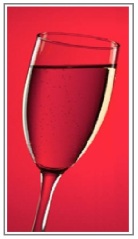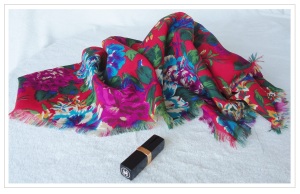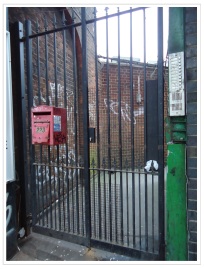Not with real smoke, obviously (I gave up years ago and you should too). Just a smokescreen to conceal what’s on my mind. So today I’m letting Dorottya from One Night at the Jacaranda do her thing. If you’re acquainted with Dorottya, you’ll know how appropriate this is. And she lives on Bensons.
Dorottya tossed her long black hair over one shoulder and lapped up the attention she always got, especially when she wore bright red lipstick and a Romany-style scarf.
She had removed her wedding band, although she doubted if any man would have noticed had she left it on. Men were such idiots, she told herself while bestowing a dazzling smile on the congregated males.
This she had suspected from a young age. Her theory had been confirmed on leaving her home town of Szeged and going to work for her first family in England. Then, her hair had not been so glossy or so black, nor had her teeth been so white, but modern science could do a lot for mousy girls with stained incisors. English lessons helped, though progress was less about pronunciation and more about fluency in body language. By her third au pair job, she had reinvented herself as a femme fatale, albeit one with impeccable references when it came to looking after young children, helping them play creatively, cooking nourishing meals and keeping house. This last au pair posting was a huge success. So successful that she had been promoted to stepmother.
“Can I get you a drink?” asked a short man whose eyes were too close together.
As usual the women were much better turned out, thought Dorottya. She giggled strategically and replied “I’ll have pink champagne.”
“Bubbly, eh? Just like you.”
She could feel his desperate breath as he handed her the glass. “Thank you.” He was repulsive and there was no way she was going to hook up with him, as the English expression went. Still she lowered her eyelashes as she took a sip. He was no accountant, she thought, because you could end up buying lots of expensive drinks on a night like this without seeing a return for your outlay. And he obviously hadn’t been speed-dating before, unlike Dorottya.
She sighed. One was forced to find a little fun from time to time.





